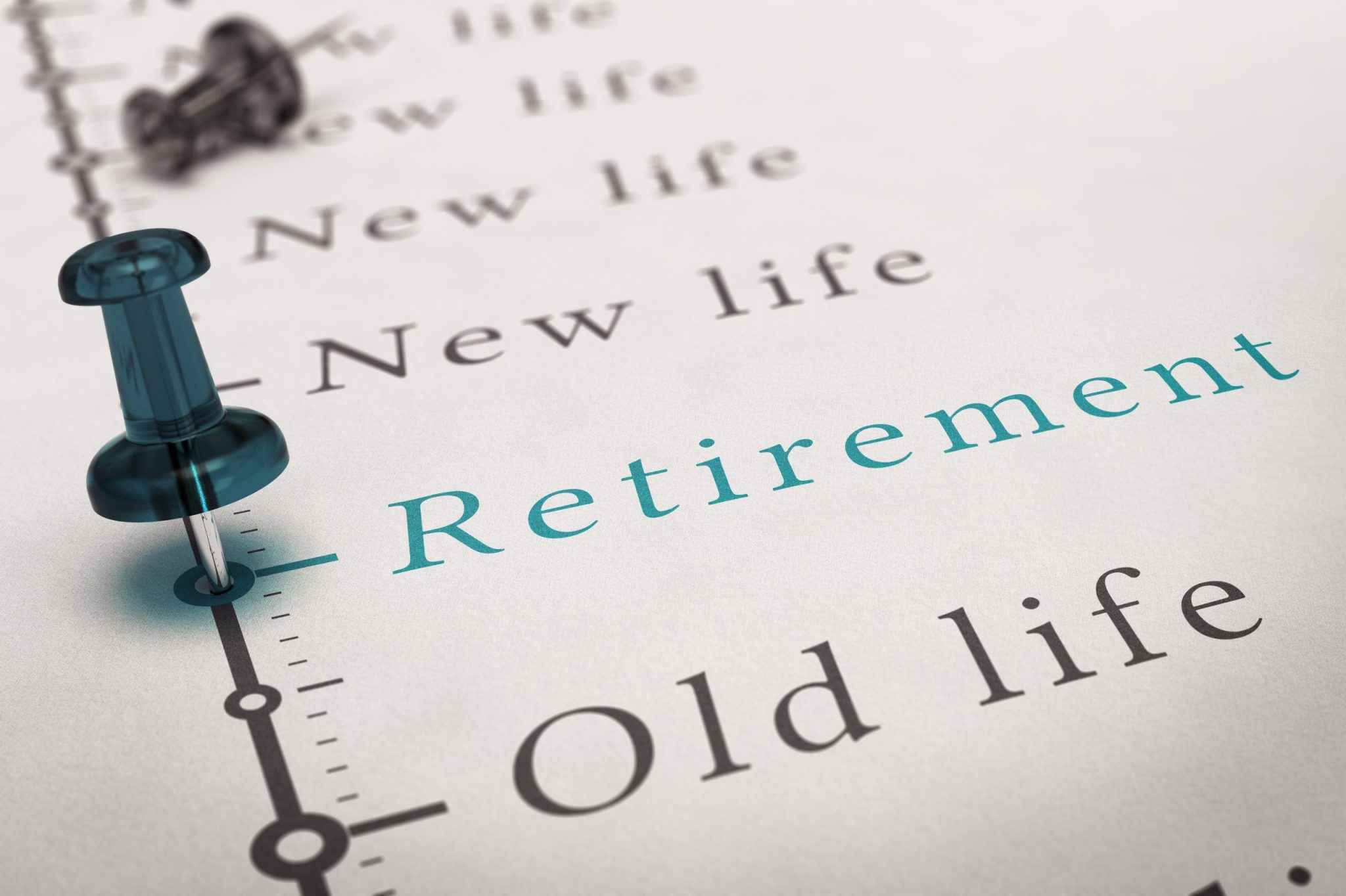For most 20 to 30 year-olds, talk of retirement saving or planning makes their eyes glaze over. Some have so much student debt, they can’t even see the end of tunnel, much less any light that might be there. Others are just getting started in their careers and starting families, and don’t feel as though they can look beyond next month’s rent or mortgage payment. Yet, they’re all at the optimal age to start a retirement saving program. Here are 4 reasons why:
1. Good habits beget more good habits.
We’ve all heard the expression “old habits die hard”, right? Well, it’s also true that habits lead to other habits – good and bad. It’s really all about discipline. Most bad habits come from a lack of discipline while most good habits require discipline; and discipline in one area of life stimulates greater discipline in other areas. Because saving for retirement is about the longest term goal you’ll ever have, it requires long-term discipline. By developing such discipline early in your adult life, the discipline necessary to achieve other, shorter-term goals will come more easily.
2. Retirement is a longer haul.
Life expectancy in the U.S. increased by about 56 percent from 1901 to 2001, and it continues to go up. In 1901, life expectancy was about 49.5 years; in 2001 it was 77 years; and in 2011 it climbed to 78.7 years. As that upward trend continues, the number of years you will need to provide for yourself in retirement also increases. So the sooner you begin to save and plan for retirement, the better your chances of having a comfortable lifestyle in retirement.
3. More time becomes more money – literally.
When it comes to retirement savings, time really IS money. The positive effect of compounding interest over time is nothing short of amazing.
For example, if you saved $1,000 per month at 7% from age 25 to age 35, and left that money invested at the same rate, you would have almost $1,500,000.00 when you reached age 65. On the other hand, if you waited until age 45 to start saving the same mount at the same rate until age 55, and left it invested, you would have less than $375,000.00 when you reached age 65. The same amount saved, at the same rate, over the same 10 year savings period. The only difference is the amount of time the money was left to continue compounding (30 years vs 10 years). That’s the power of compounding. Check this article on the power of compounding for more details about this almost magical concept.
4. Independence in your golden years.
Most people who work hard for decades to sustain themselves and their families in a comfortable lifestyle become very independent-minded – not necessarily a bad thing, right? But imagine such an individual reaching retirement age without a nest egg sufficient to sustain a comfortable lifestyle in their retirement years. How difficult would it be to face such a situation with the limited options available to people of that age?
Consider this: By the time you reach retirement age, whatever age that is to you, it’s too late to start planning and saving for a comfortable retirement lifestyle. Your earning, planning and saving years are well behind you. Sure, you could continue to work and support your lifestyle the way you always have; but that’s not retirement, even if you only work part-time. Your life is still tied to someone else’s schedule. That’s not independence.
Another consideration is health. As a twenty- or thirty-something, it’s probably difficult to imagine that health will ever be an issue for you, but someday it will. So, if you’re retired and you reach a point when you’re not healthy enough to continue working, you either have to dial your lifestyle way back, or rely on your children or others to help maintain the lifestyle you’ve become accustomed to. That might be feasible if your son is a perennial mega-star in the NFL, or your daughter is a multi-platinum recording artist; but it’s not very likely, is it? And it’s definitely not independence.
In Conclusion
Given the personal power and lasting independence that comes from implementing your retirement saving plan now, and the incredibly high cost of procrastination, you really can’t afford to wait another week.







